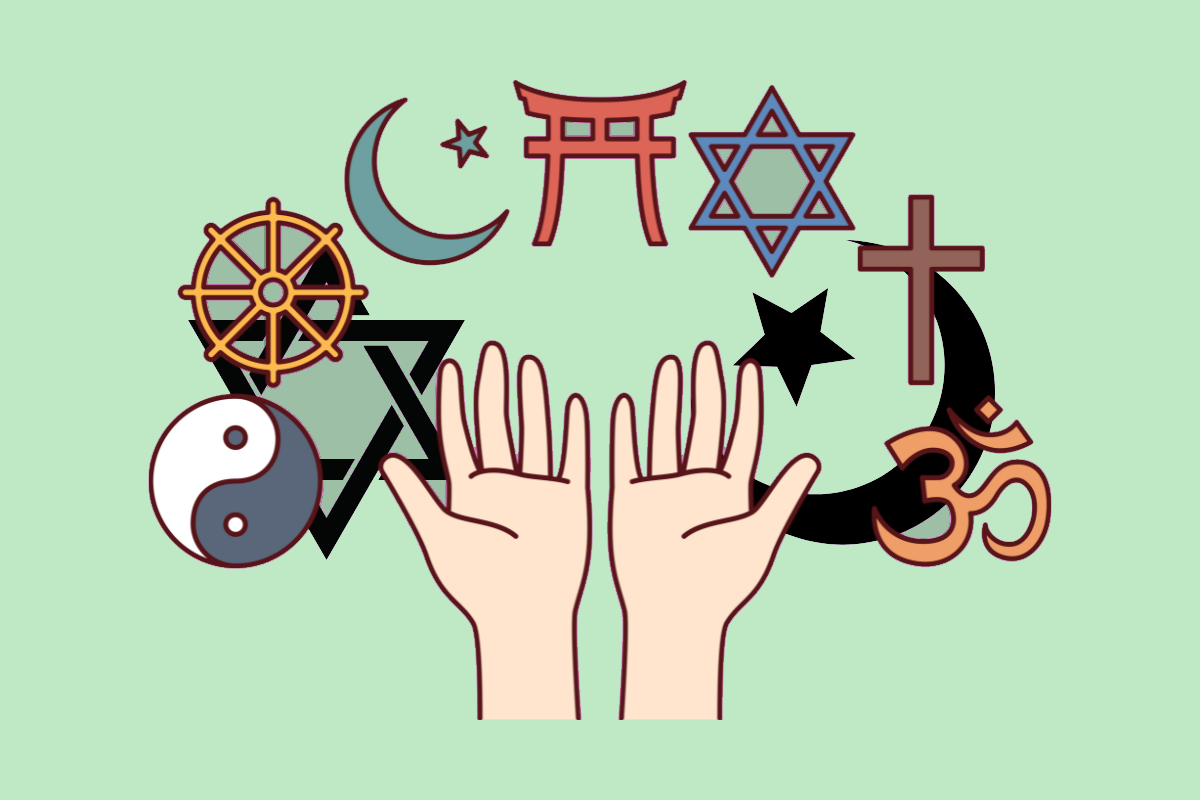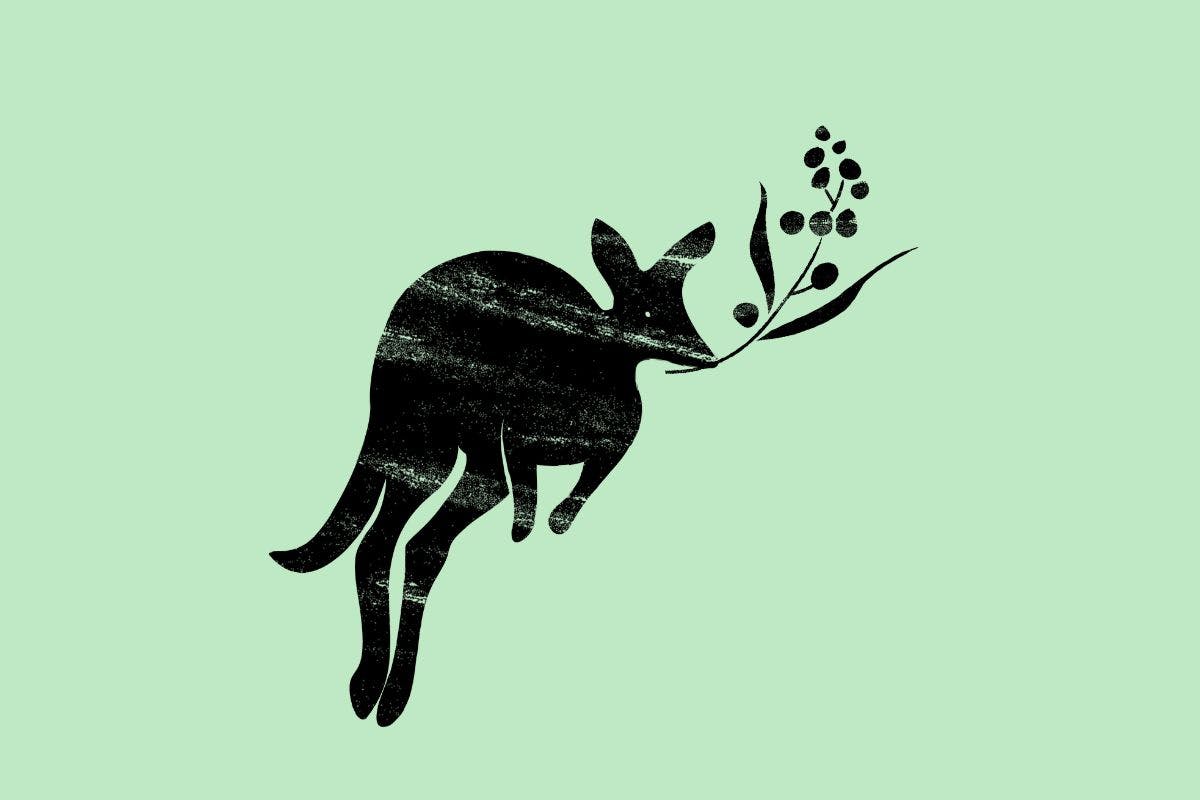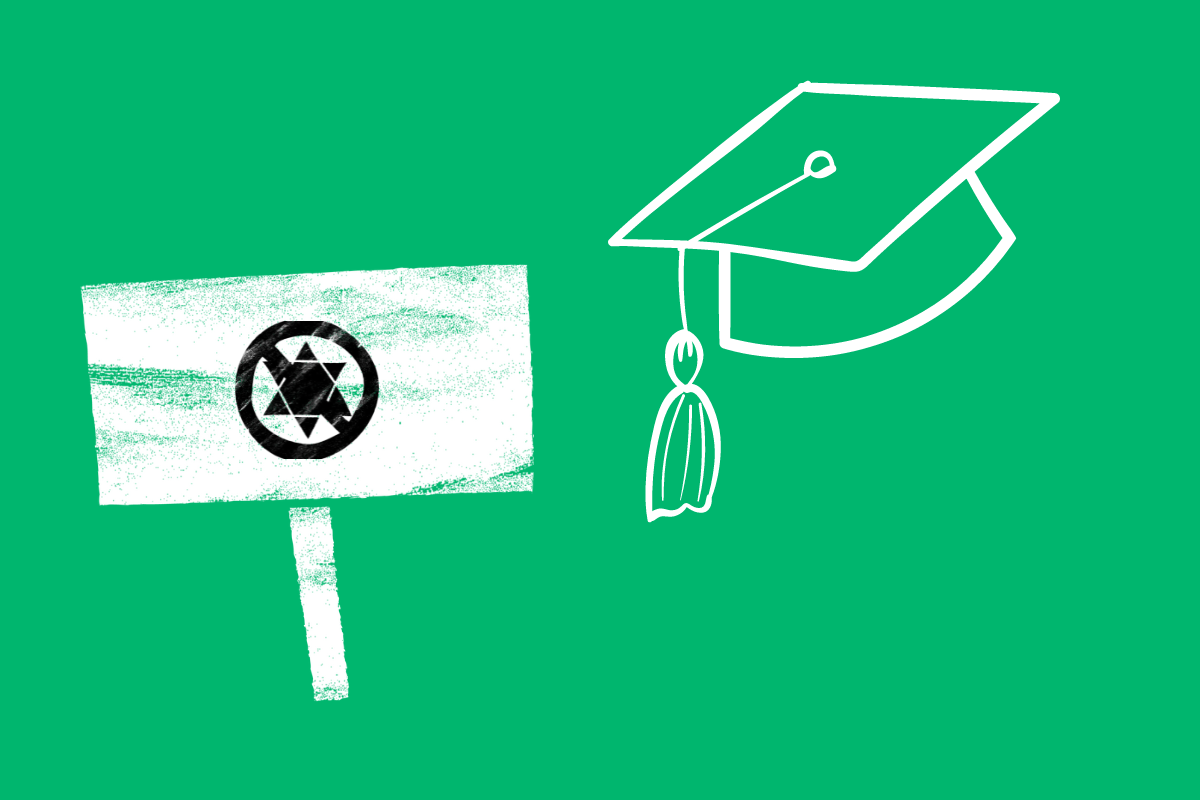Published: 3 June 2022
Last updated: 4 March 2024
Stand Up's Derech Eretz program is taking its first post-Covid group to volunteer in remote Indigenous communities. NEHAMA PILCER presents her reflections from her 2020 Derech Eretz experience
As a minivan of nine Jewish Australians approached the Indigenous communities of Toomelah and Boggabilla in northern NSW, I was nervous and excited. I was 27 years old and was volunteering on Stand Up’s Indigenous engagement program, Derech Eretz (literally translating to Way of the Land).
What followed was in quite a sense, life changing. I cannot attribute this impact to a singular remarkable event but rather to a collection of heartening and sobering moments that jolted and affirmed powerful reflections and learnings in me.
Growing up in Caulfield North, one of Australia’s most densely populated Jewish suburbs, did not offer many opportunities to learn firsthand about Aboriginal and Torres Strait Islander peoples.
I spent most of my childhood and early adulthood amongst friends and family who shared a very similar background, culture and lifestyle to my own and so my cultural breadth was limited.
As I entered university and my professional career, I became increasingly interested in social justice issues and began developing my awareness and understanding of Aboriginal culture and history and the issues affecting Indigenous people.
Professionally, I was gaining public policy experience working on Native Title, corrections, youth justice, and crime prevention related issues, but my work was not frontline, and I felt I was lacking tangible connections with the communities and cohorts that I was interested in. And so, the hope to meaningfully engage and connect led me to participate in Stand Up’s Derech Eretz program.

The Derech Eretz program has run in the same two communities since 2005 (with the exception of COVID-19 disruptions) and focuses on engaging with local children via school holiday programs and with community Elders via more formal discussions.
Over our week in Toomelah and Boggabilla, the children showered us with hugs and exhausted us with their endless energy for play, laughter, song, and dance. They had the innocence and effortlessness of childhood, but also a powerful cultural identity nurtured by their community.
We were fortunate to hear from community Elders about the tough times and the happy times. They were vulnerable with us about memories punctuated with suffering, yet still had a sense optimism for the future. I was able to listen and learn more about a culture of intriguing practices and stories, of connection and imagination, and of kind people.
It was particularly touching to hear community members regularly refer to Stand Up and participants as the “Jewish mob” and to me, felt reflective of an enduring partnership of generosity, respect, and care.
My involvement deeply reminded me to care about and celebrate one another. We are sharing in this human experience – we are a collective – and we are entwined in one another’s fates. History has repeatedly taught us the importance of effective allyship. We cannot undermine it and the place it has in achieving a fairer and kinder future for all.

The COVID-19 pandemic has shaken the world and the norms we once knew, and I think it is safe to say that most of us have felt fatigued by a certain heaviness. There is a heaviness that comes with instability. A heaviness that comes with an increasingly complex, ever-changing world order. And a heaviness that comes with seeing the spotlight cast on inequities and injustices within and beyond our shores.But there have also been enormous efforts to challenge the forces that perpetuate longstanding disparities and inequalities. As we now re-emerge into a new world, I feel hopeful for what is to come. Every year, May 27 – June 3 marks National Reconciliation Week.
Reconciliation Week commemorates two significant milestones for Indigenous people – the successful 1967 referendum in favour of Indigenous recognition in the constitution and inclusion of Indigenous people in the census, and the High Court’s 1992 Mabo decision recognising the rights of First Nations Peoples as the traditional owners of their land.
Reconciliation Week is recognised by Reconciliation Australia as “a time for all Australians to learn about our shared histories, cultures, and achievements, and to explore how each of us can contribute to achieving reconciliation in Australia”.
This year’s Reconciliation Week theme, “Be Brave. Make Change”, seems particularly apt as the newly elected Labour Government committed in full to the Uluru Statement from the Heart. The Uluru Statement, released in 2017 by delegates to the First Nations National Constitutional Convention, calls for a series of reforms relating to Voice, Treaty, and Truth.
These reforms would constitutionally enshrine a “First Nations Voice” in Parliament and establish a Makarrata Commission to supervise a process for agreement-making (Treaty) between governments and First Nations People, and truth-telling about Indigenous history.
The new Labour government has pledged to hold a referendum on the Voice to Parliament in its first term. This would be Australia’s 45th referendum and if successful, would be an enormous milestone for First Nations People. The shifting mindset to collective and shared histories and futures is monumental. It marks a new dawn for facing history, ourselves, one another, and offers us a path to walk along together.
Stand Up will run the next Derech Eretz program from 3 to 11 July. Applications are open here.
Photo: A Derech Eretz volunteer with an Indigenous child (Stand Up)




